Ueberflieger2
![[NASA]](https://wordpress.yurigravity.com/wp-content/uploads/2023/03/1679045054268.jpg)
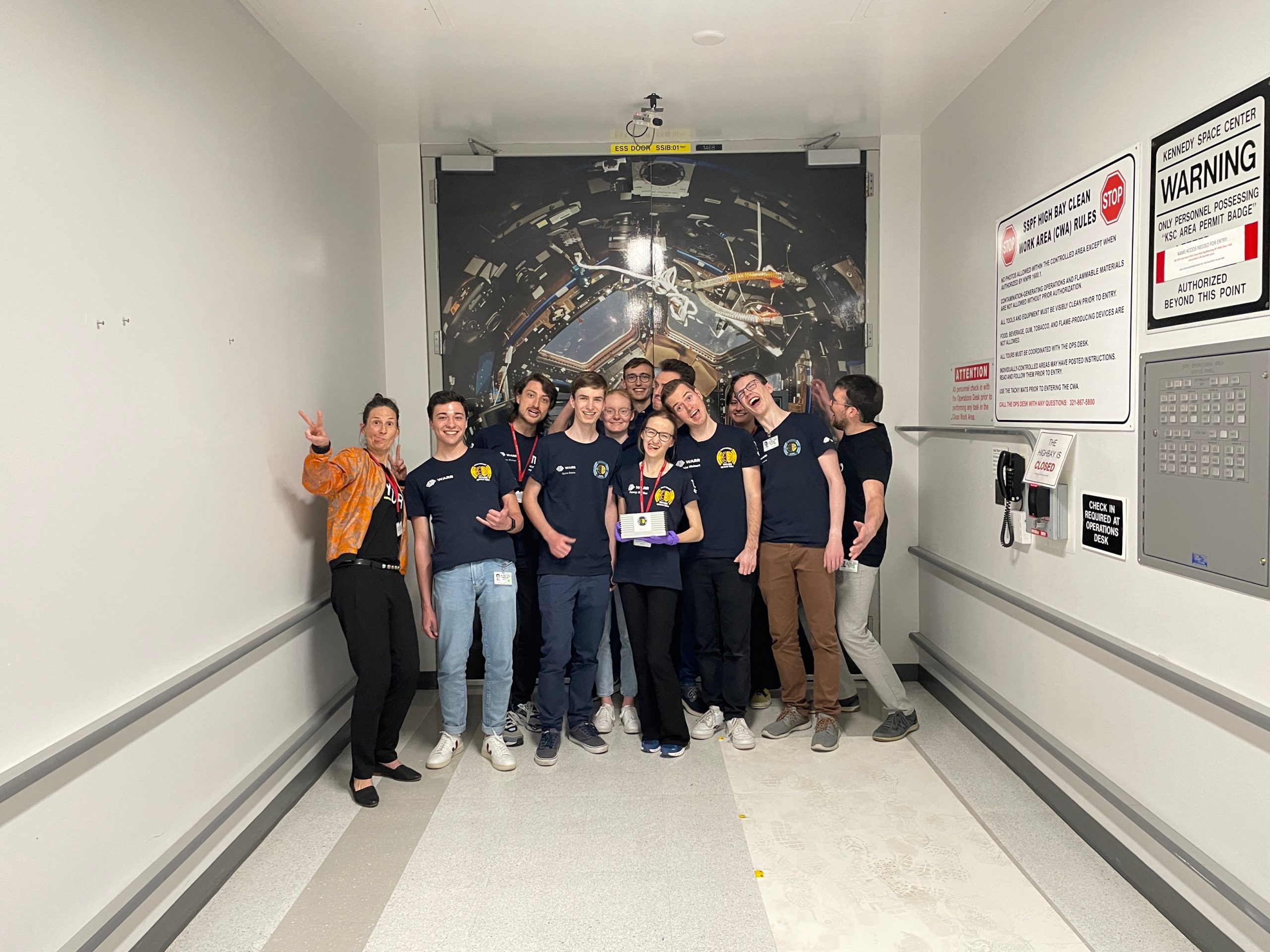
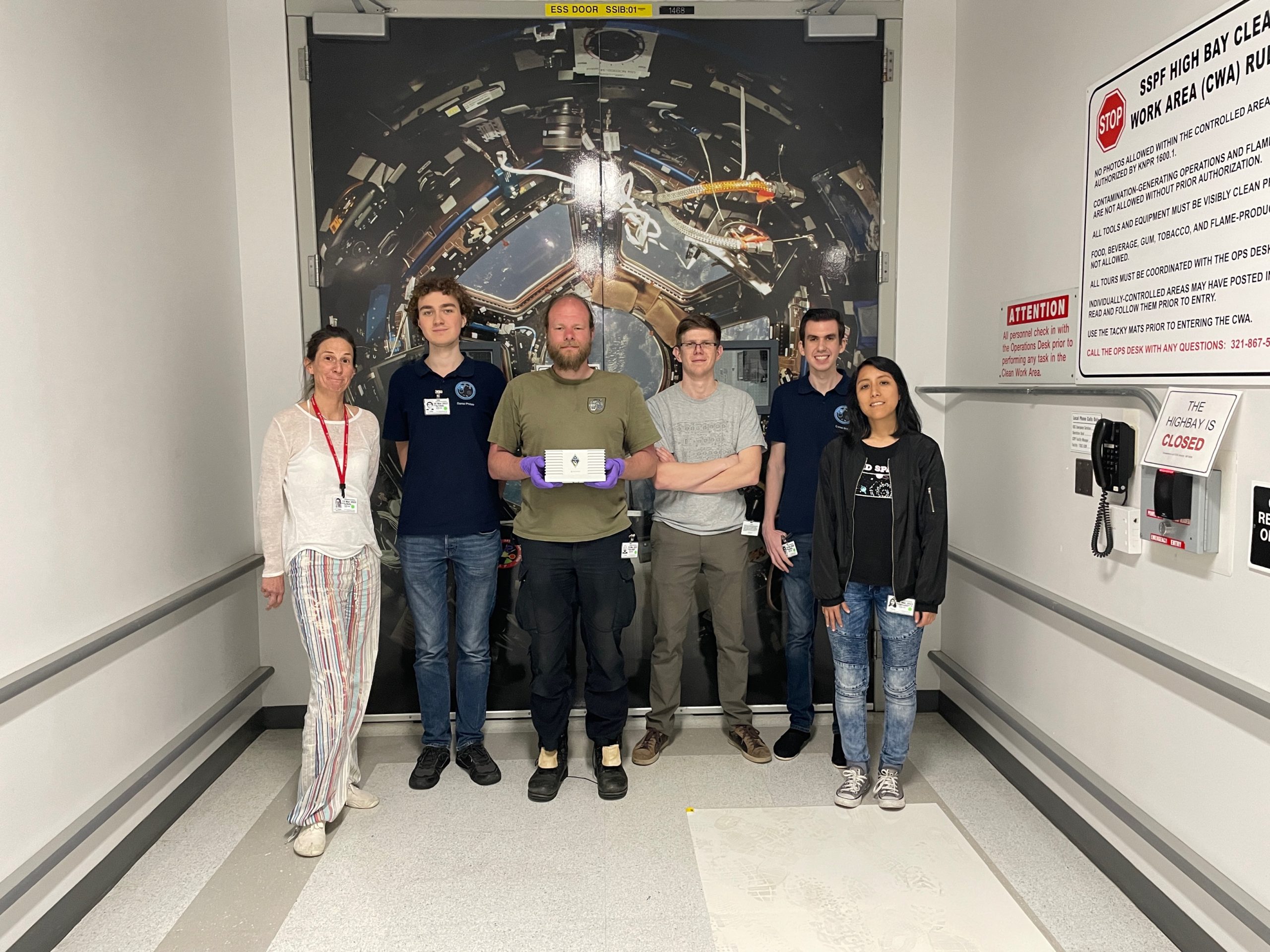
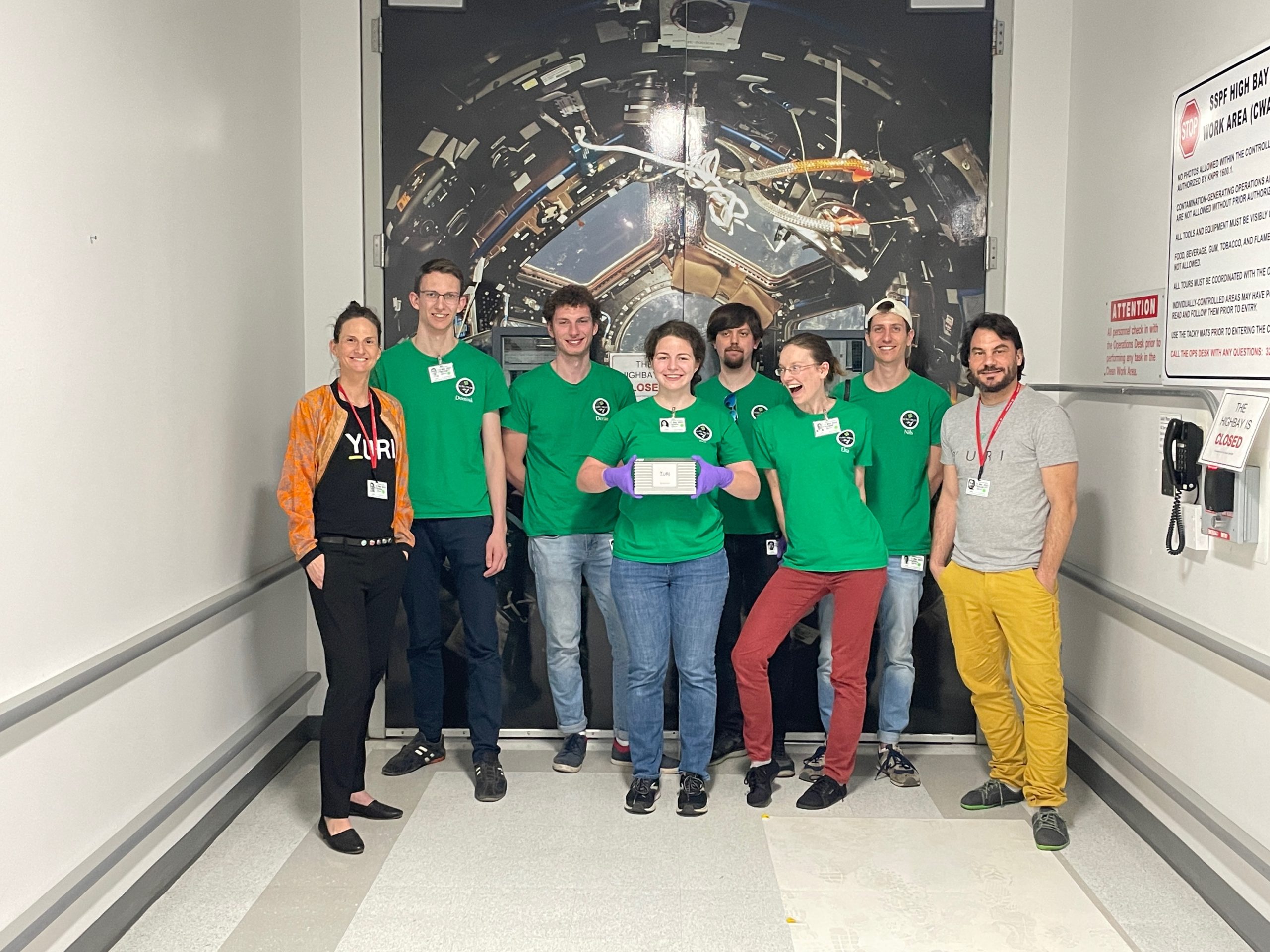
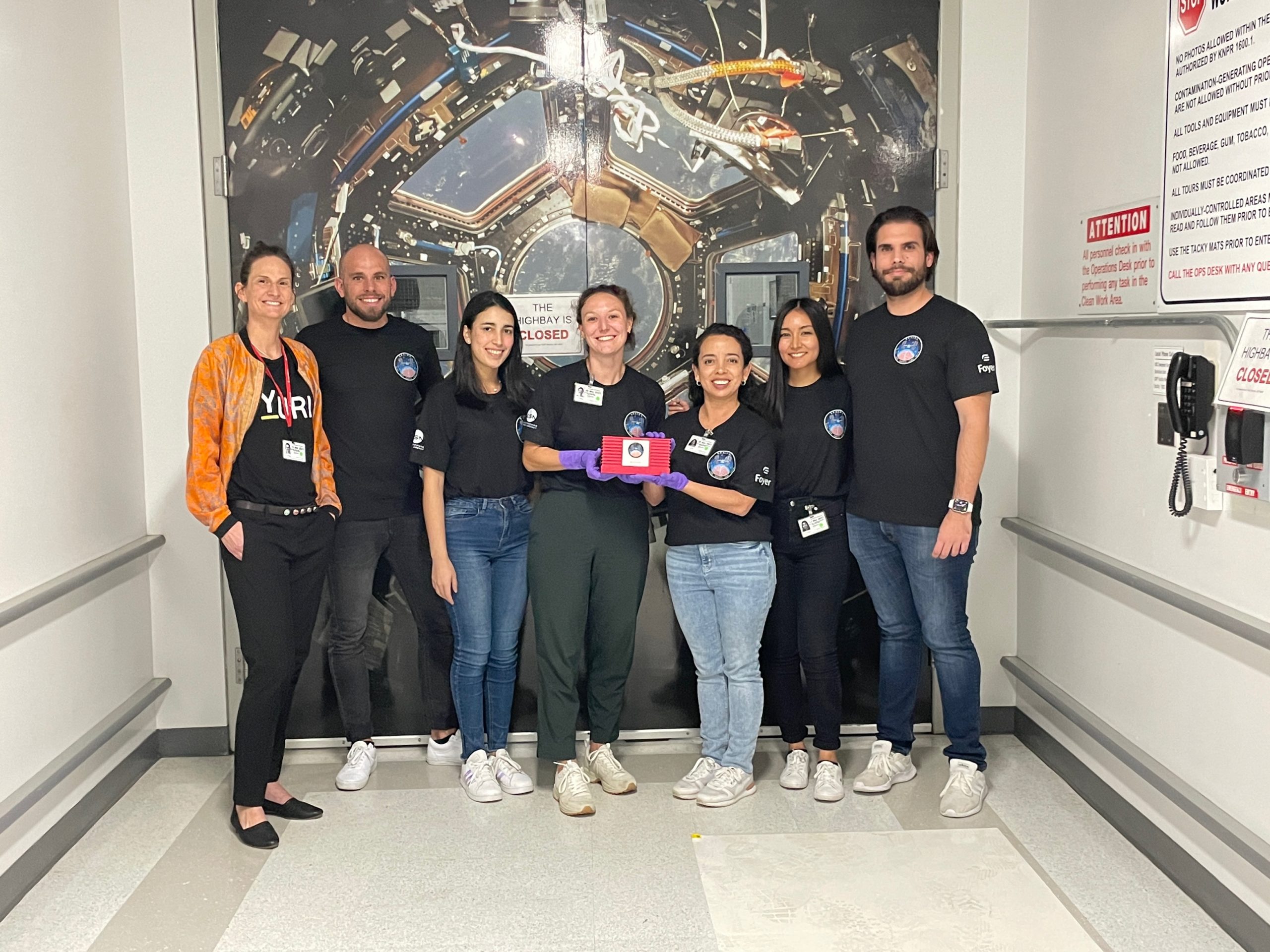
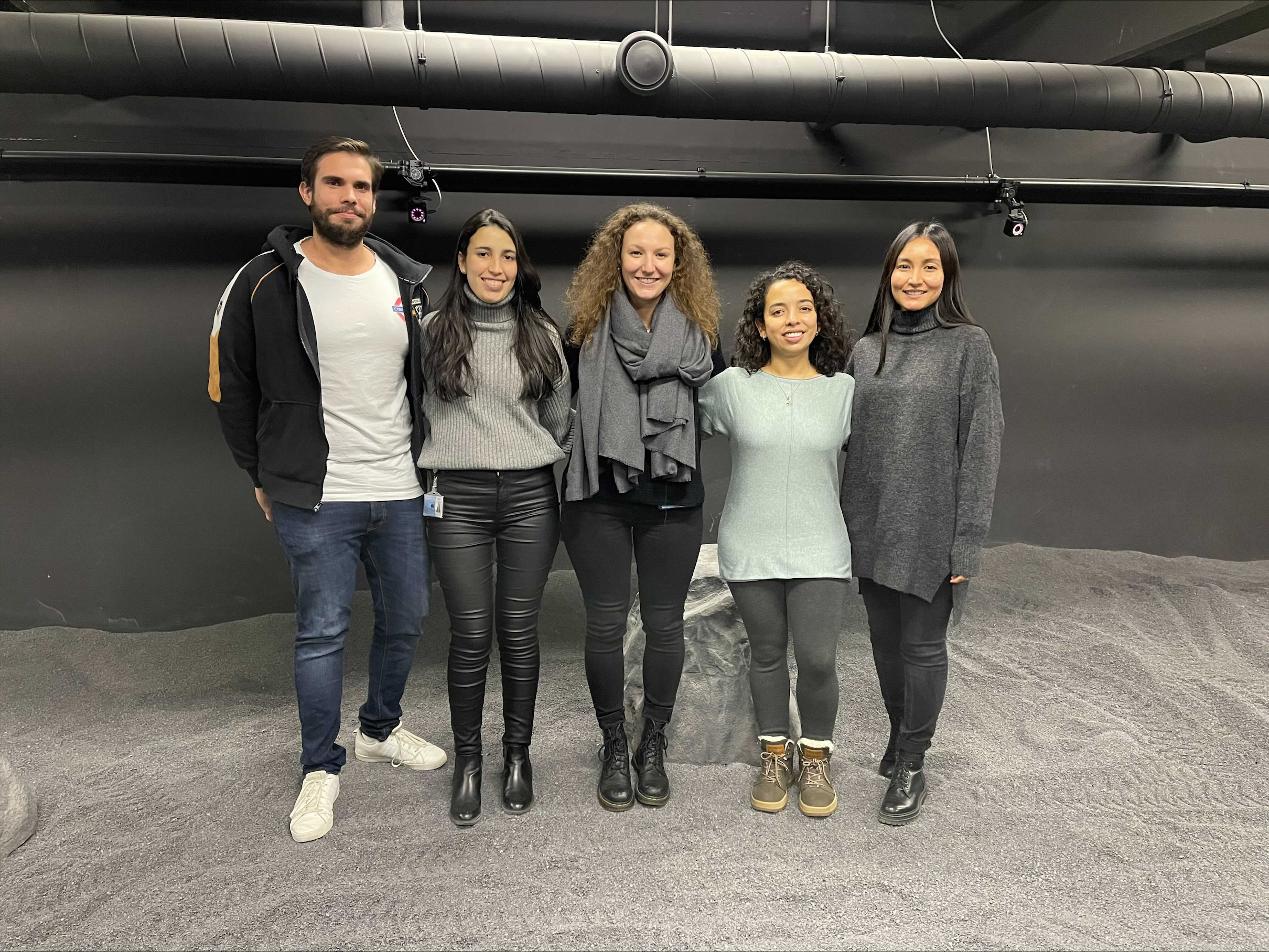
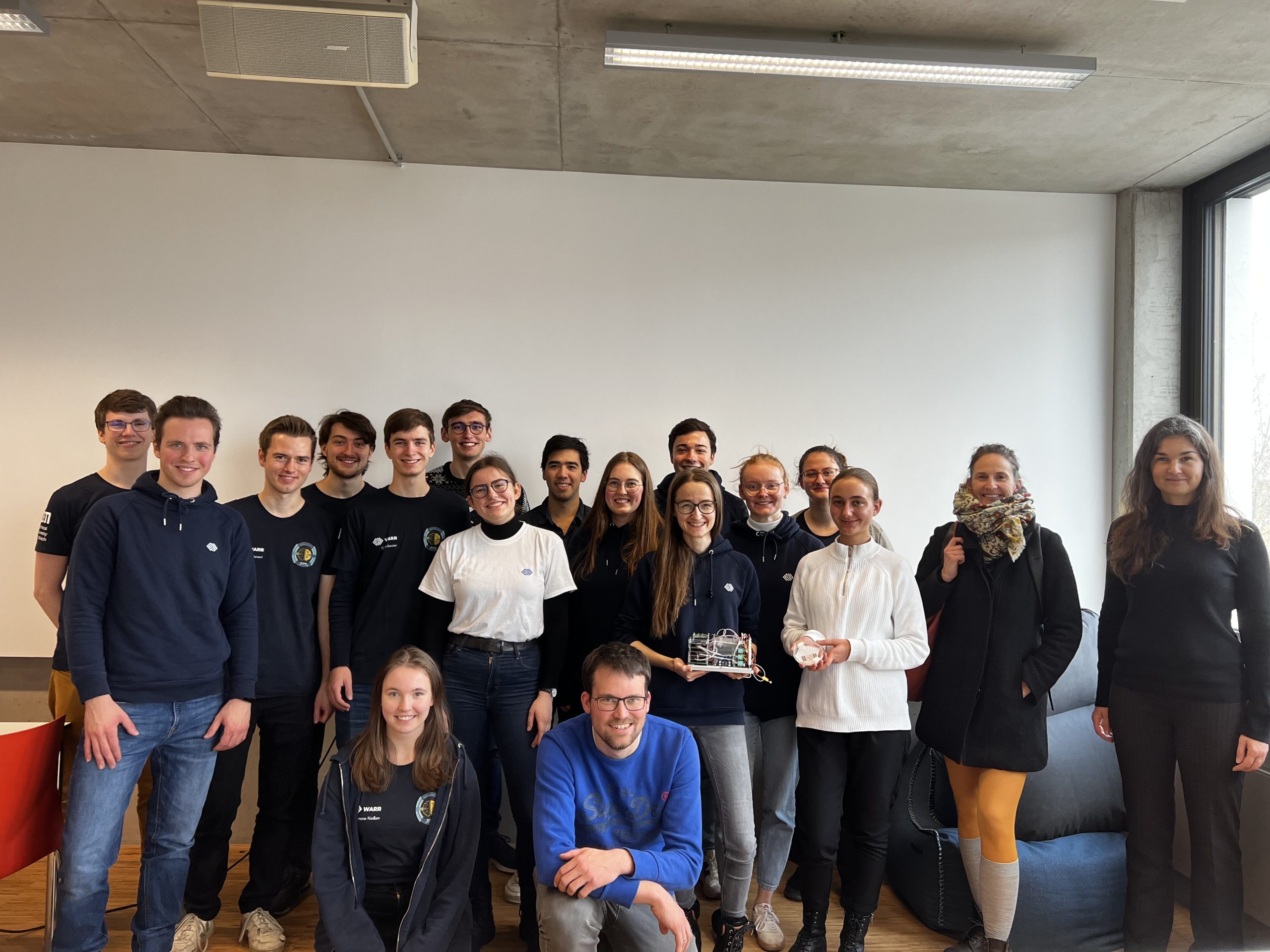

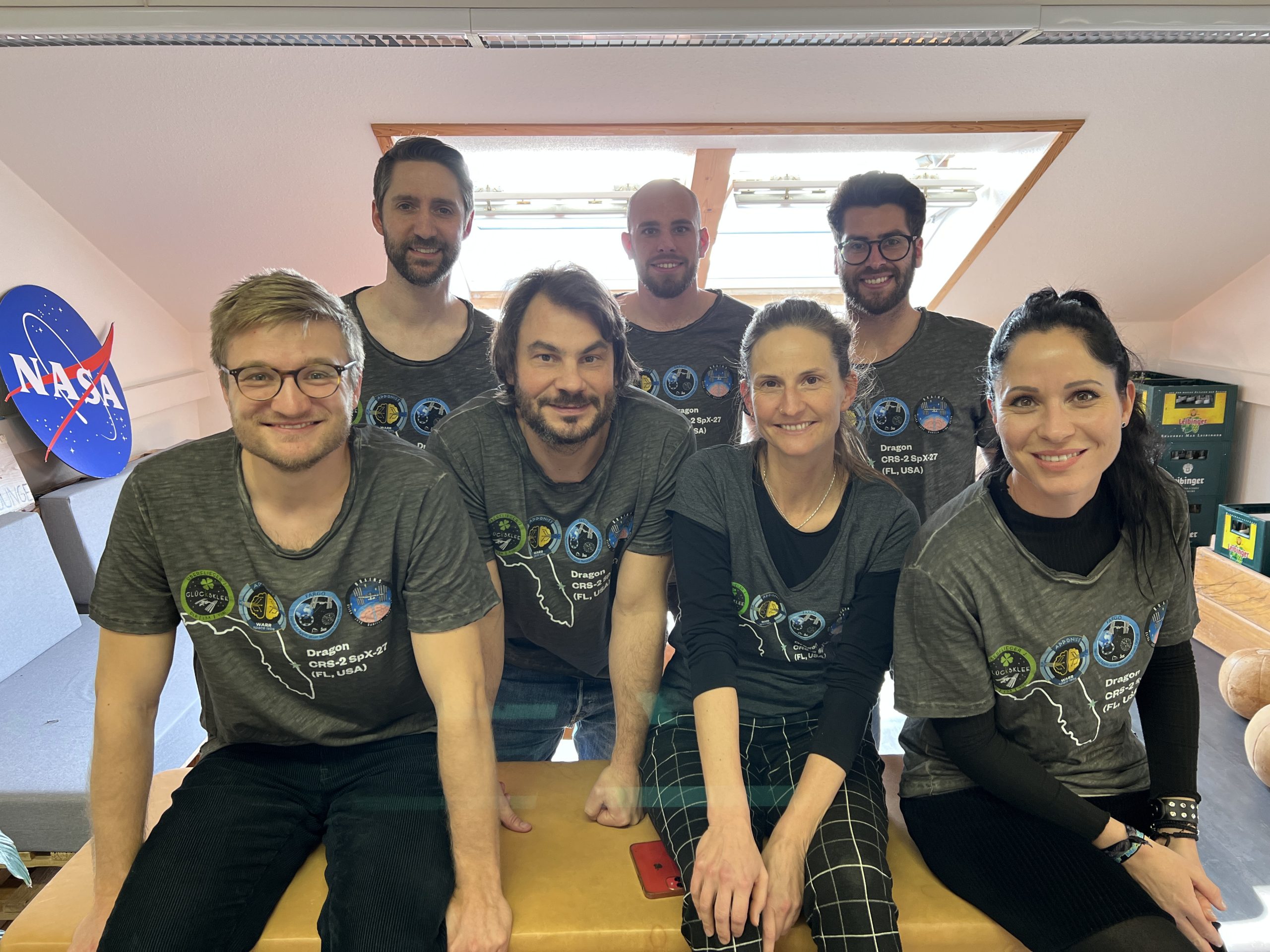
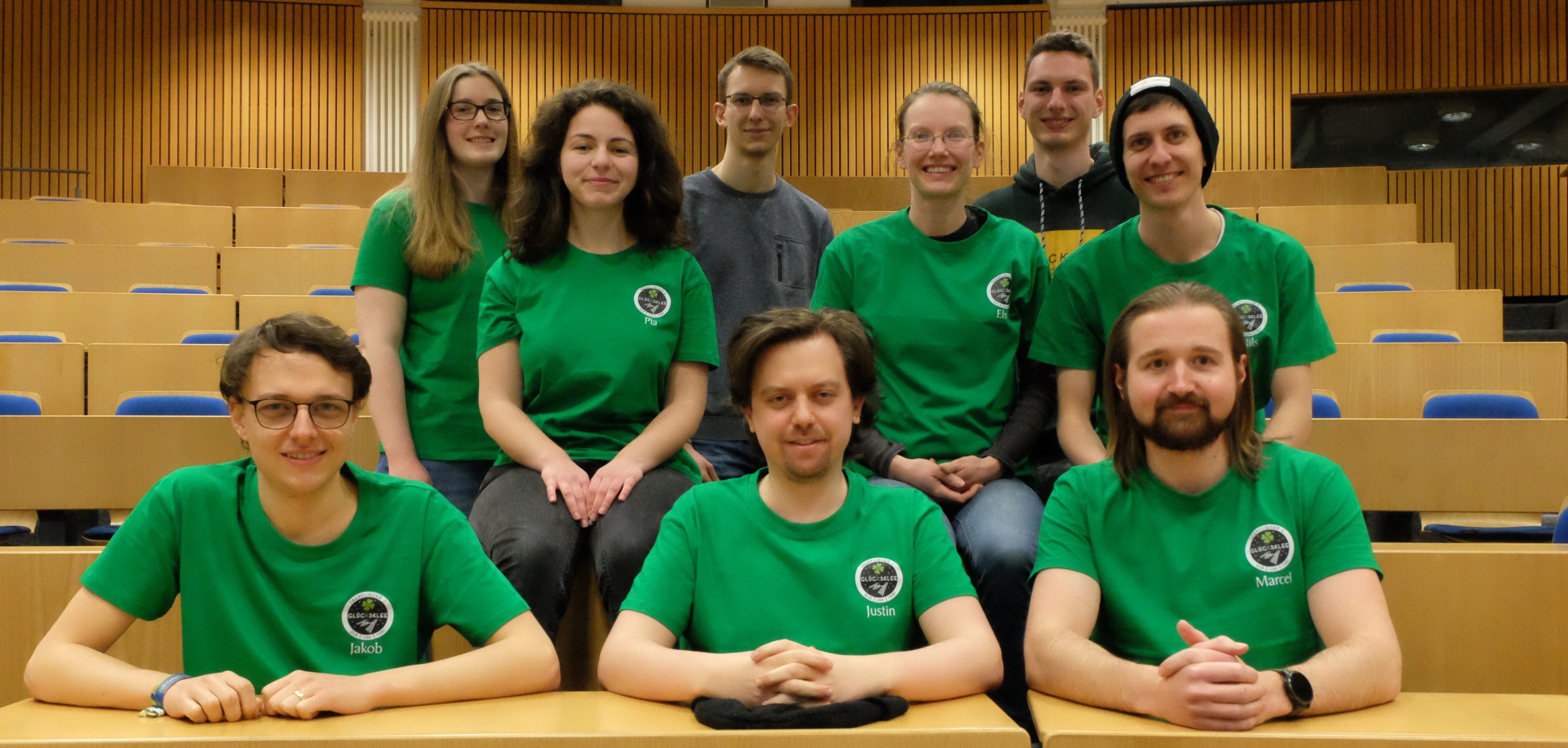
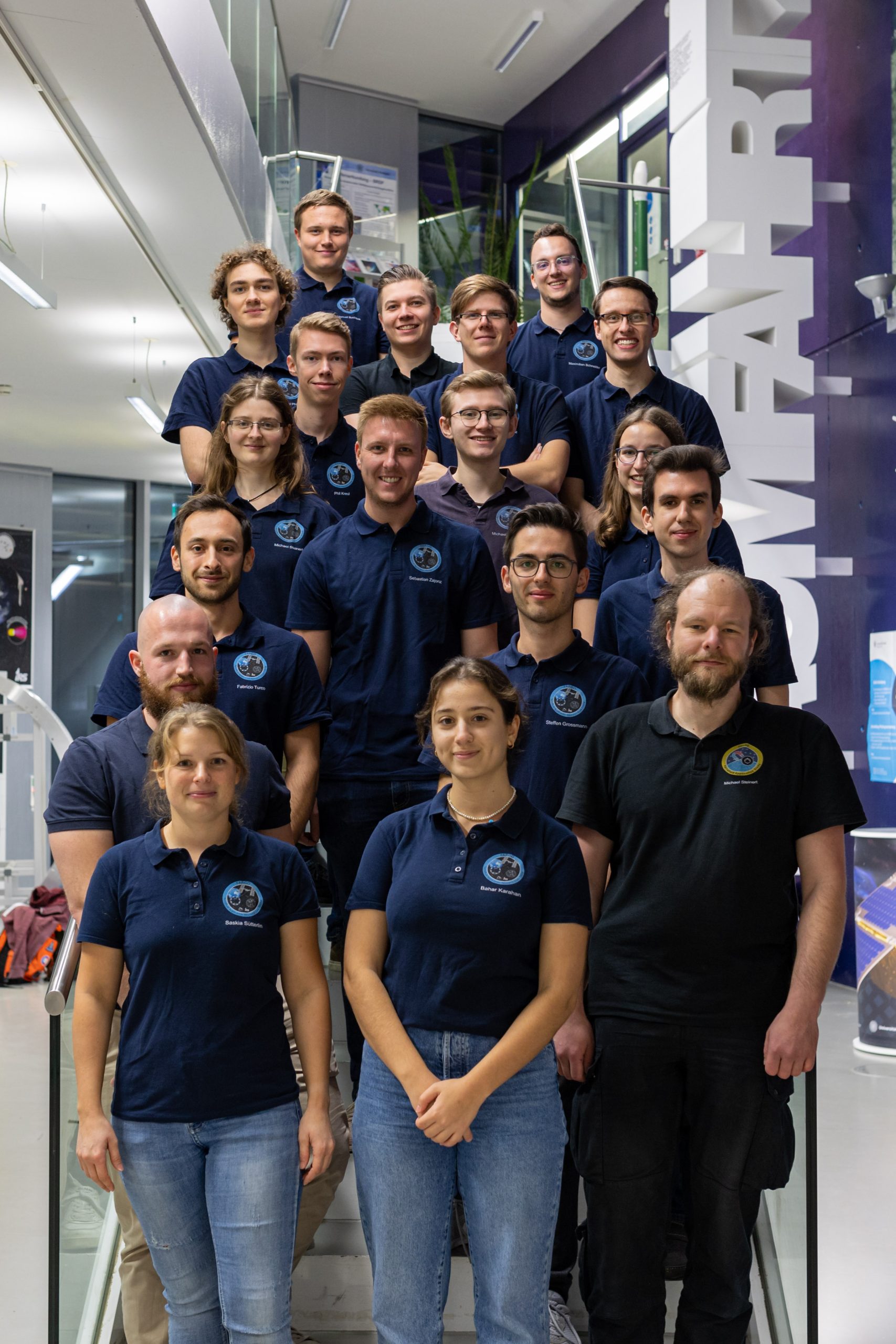
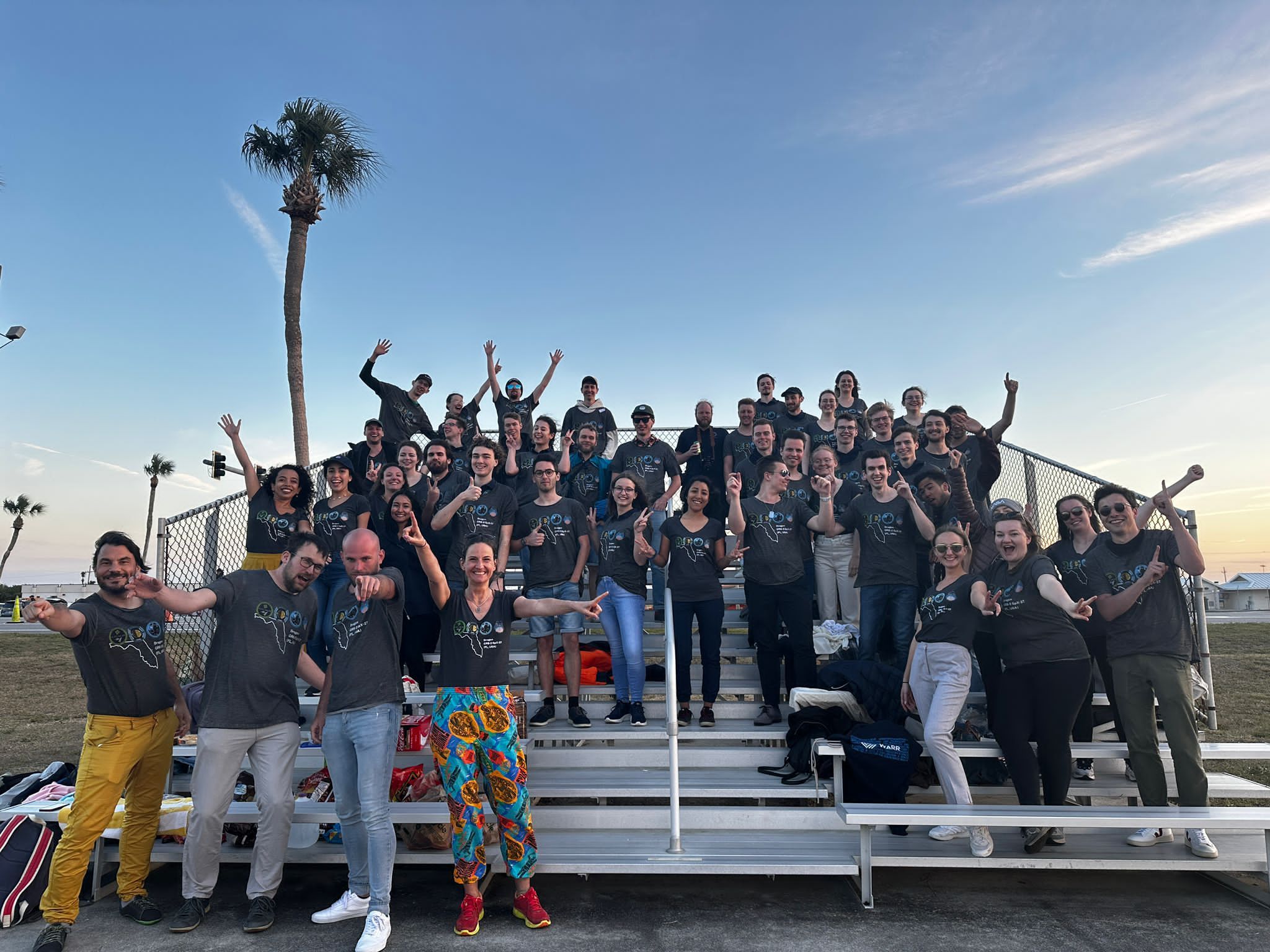
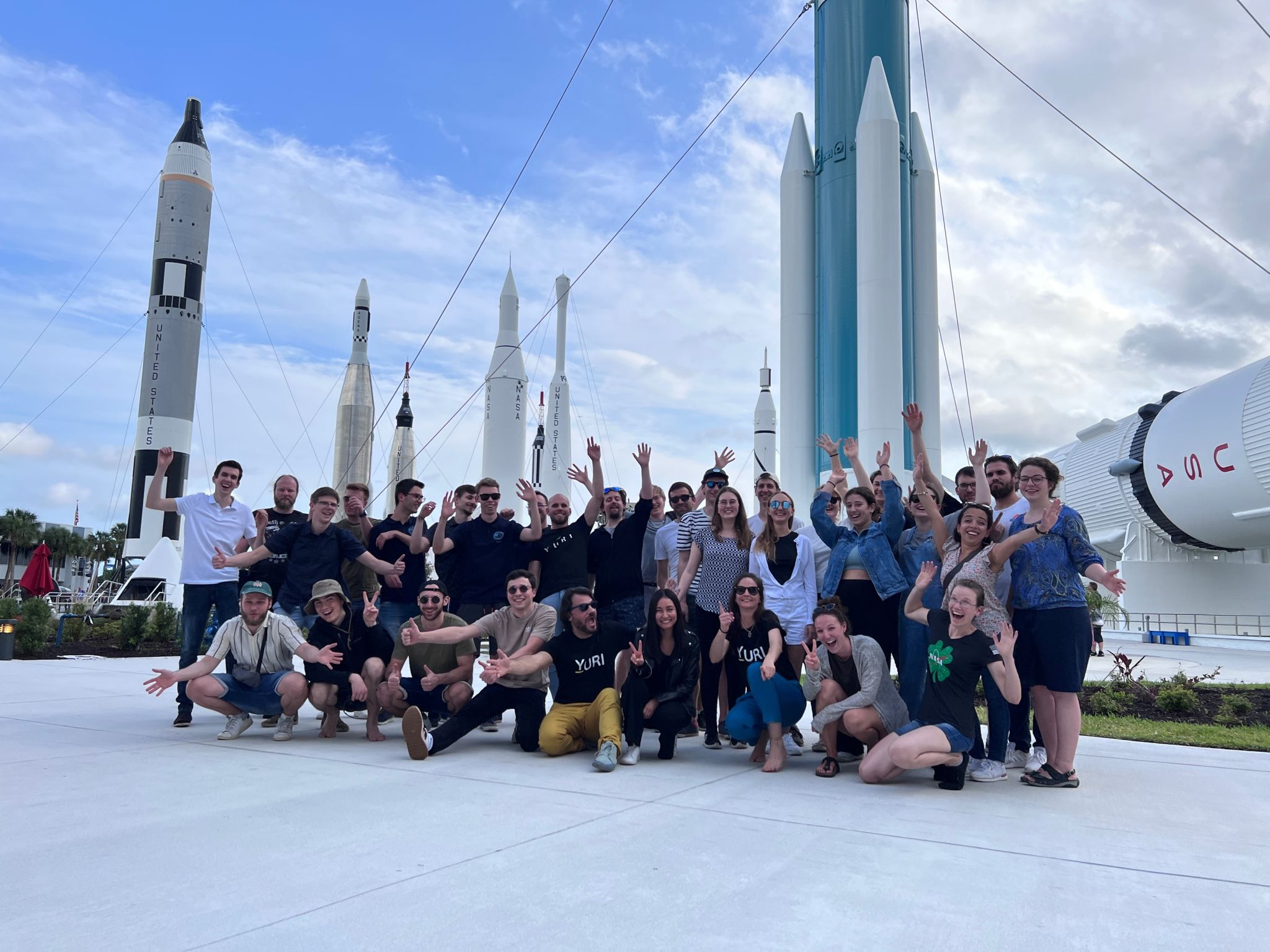
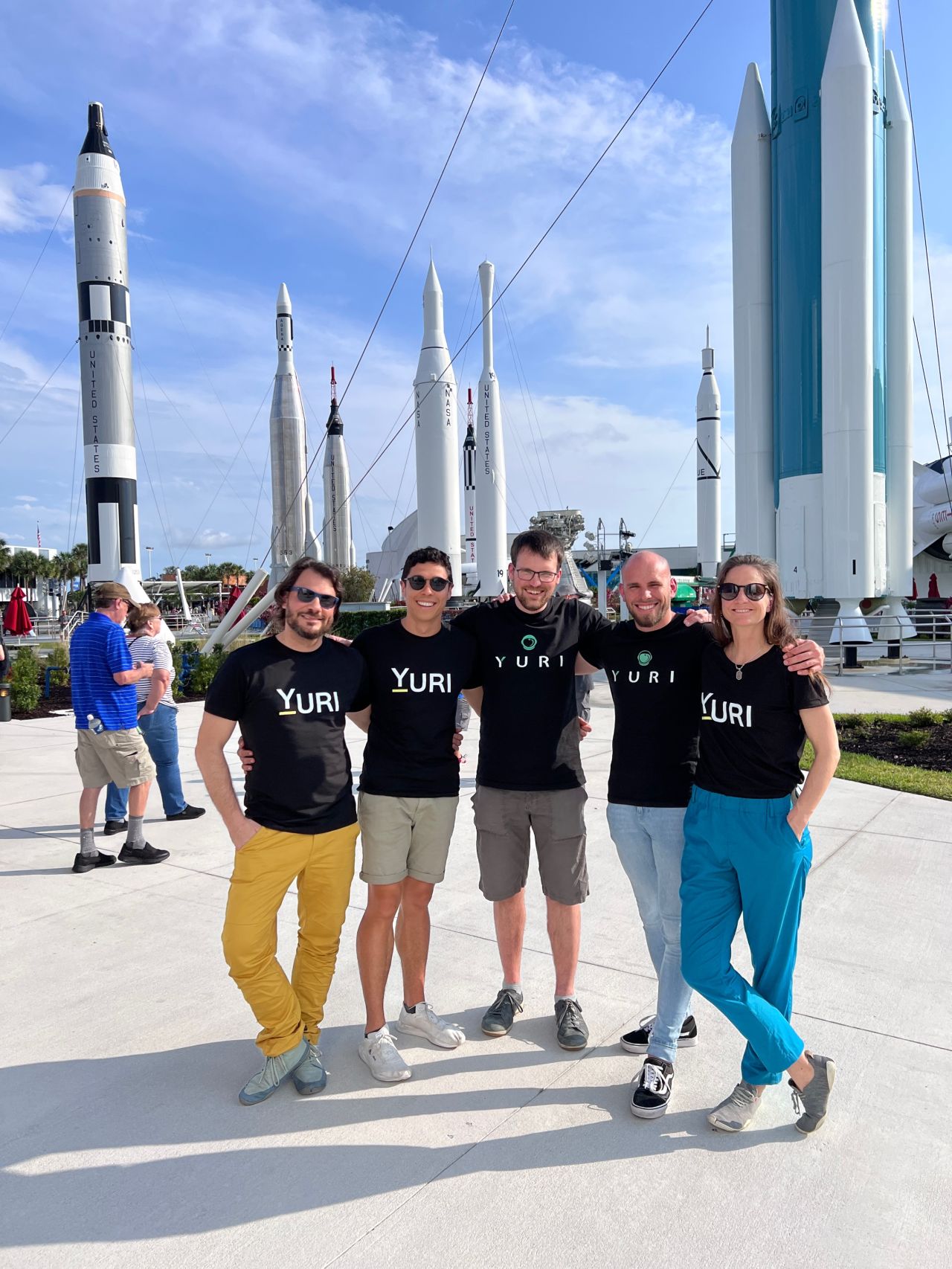
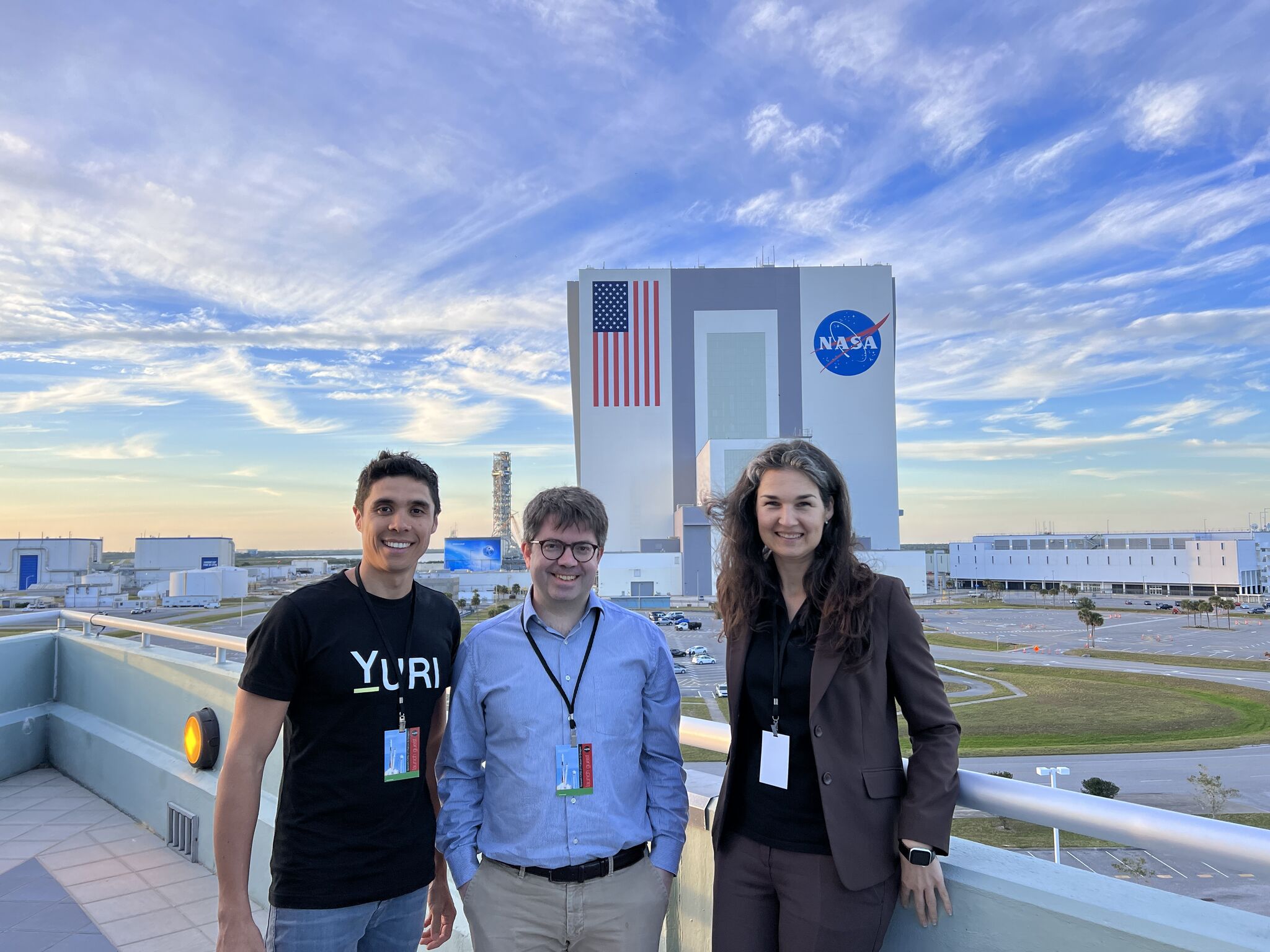
![[NASA]](https://wordpress.yurigravity.com/wp-content/uploads/2023/03/1679045054268.jpg)
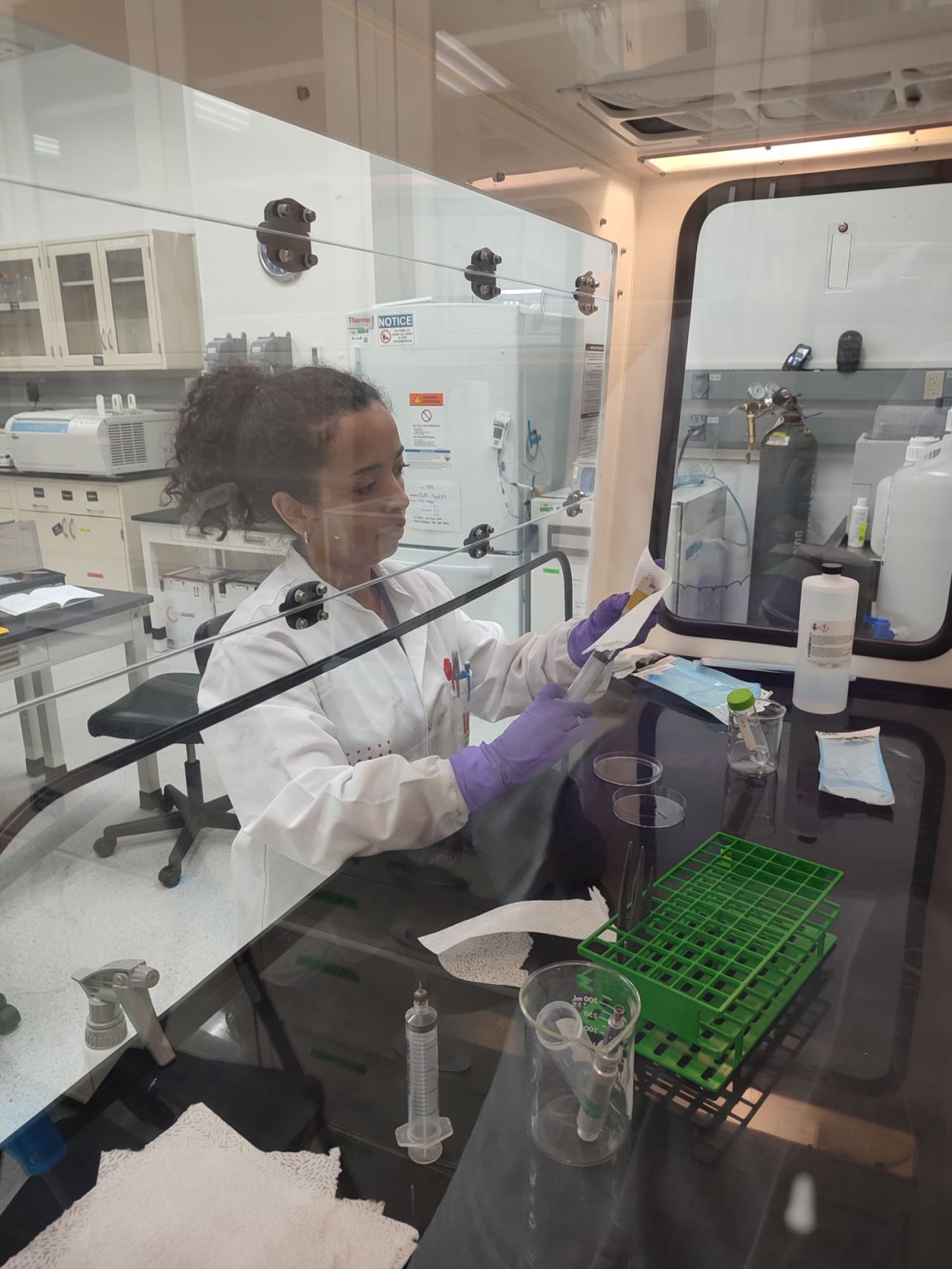
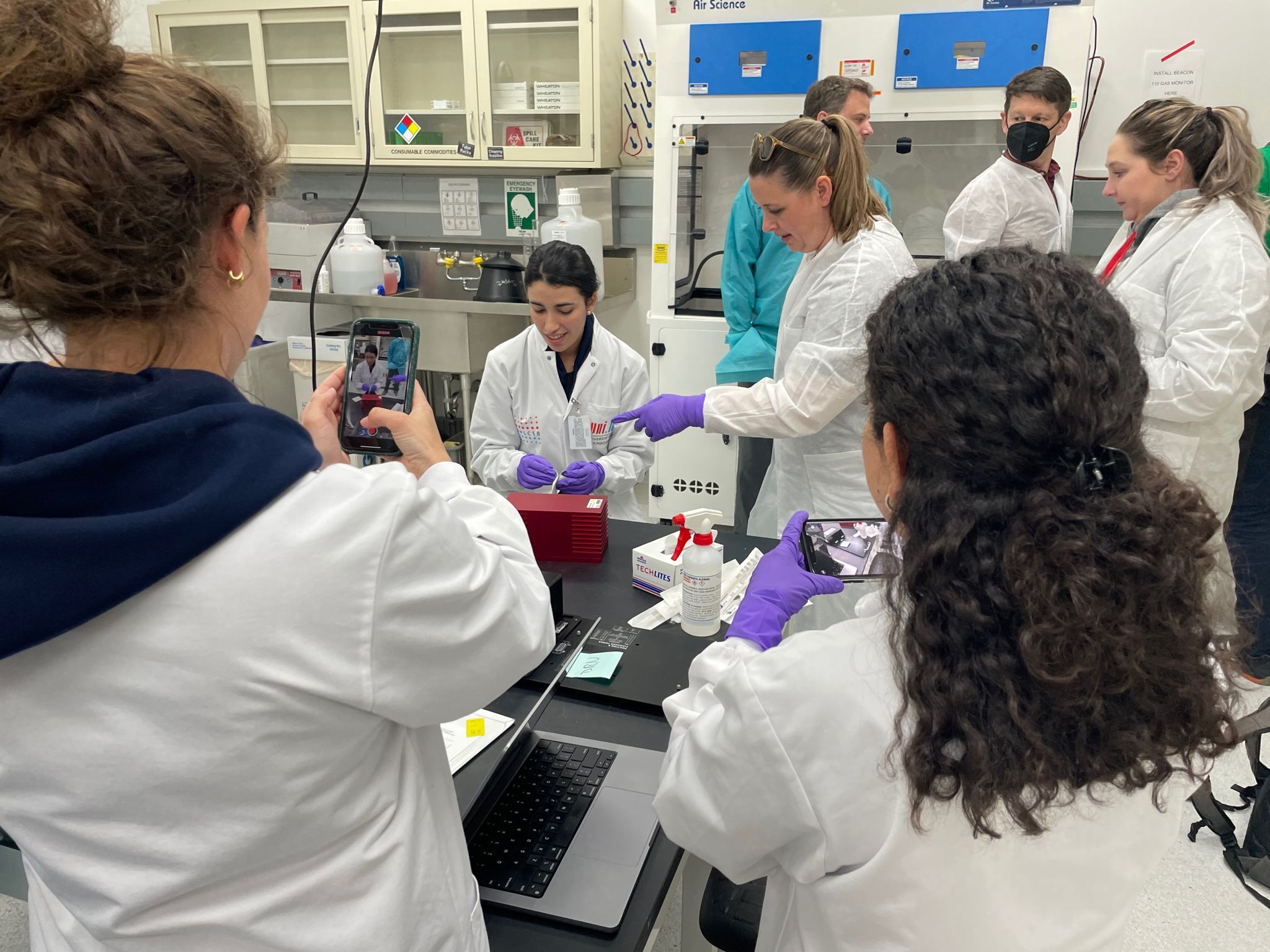
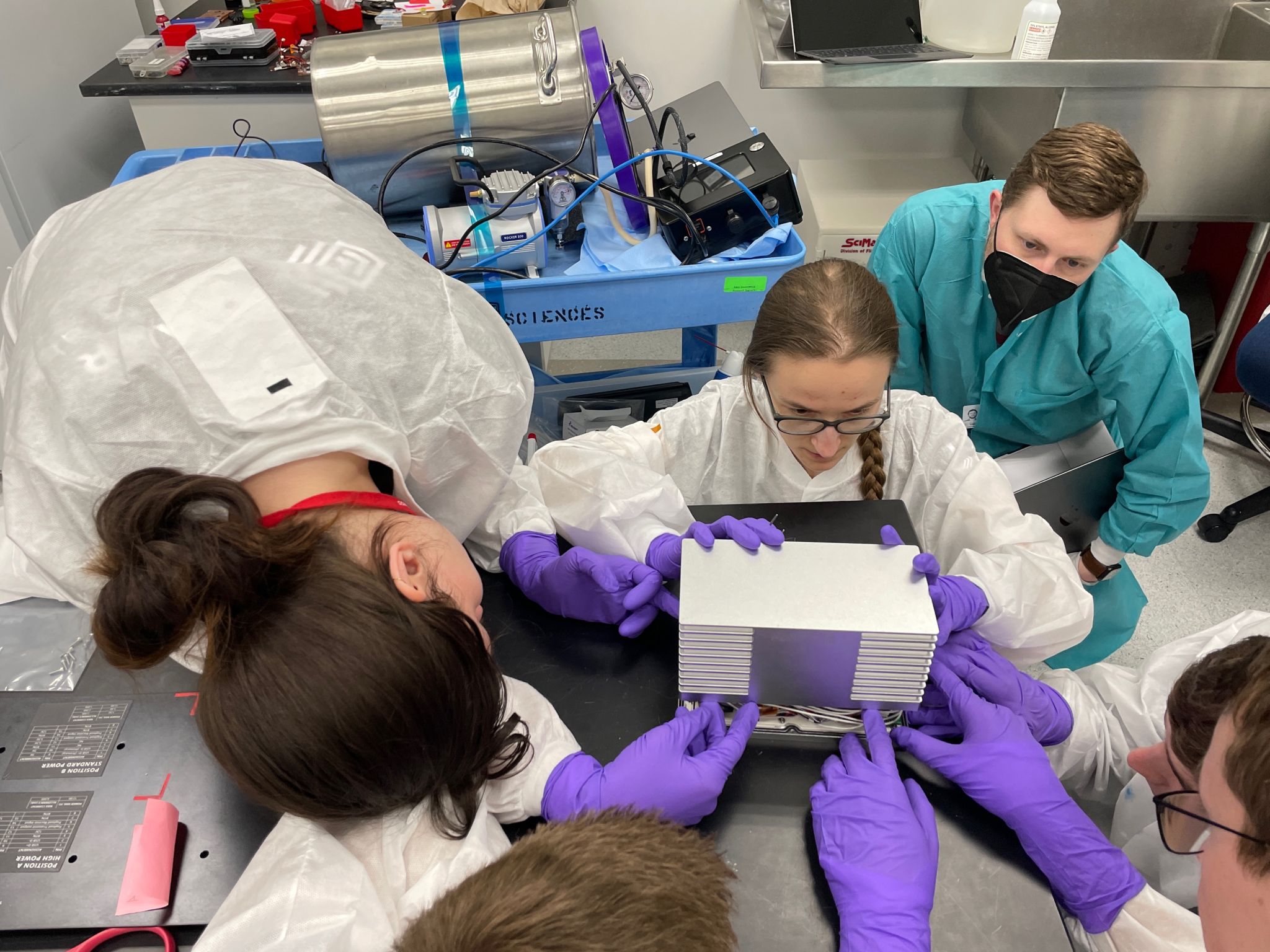
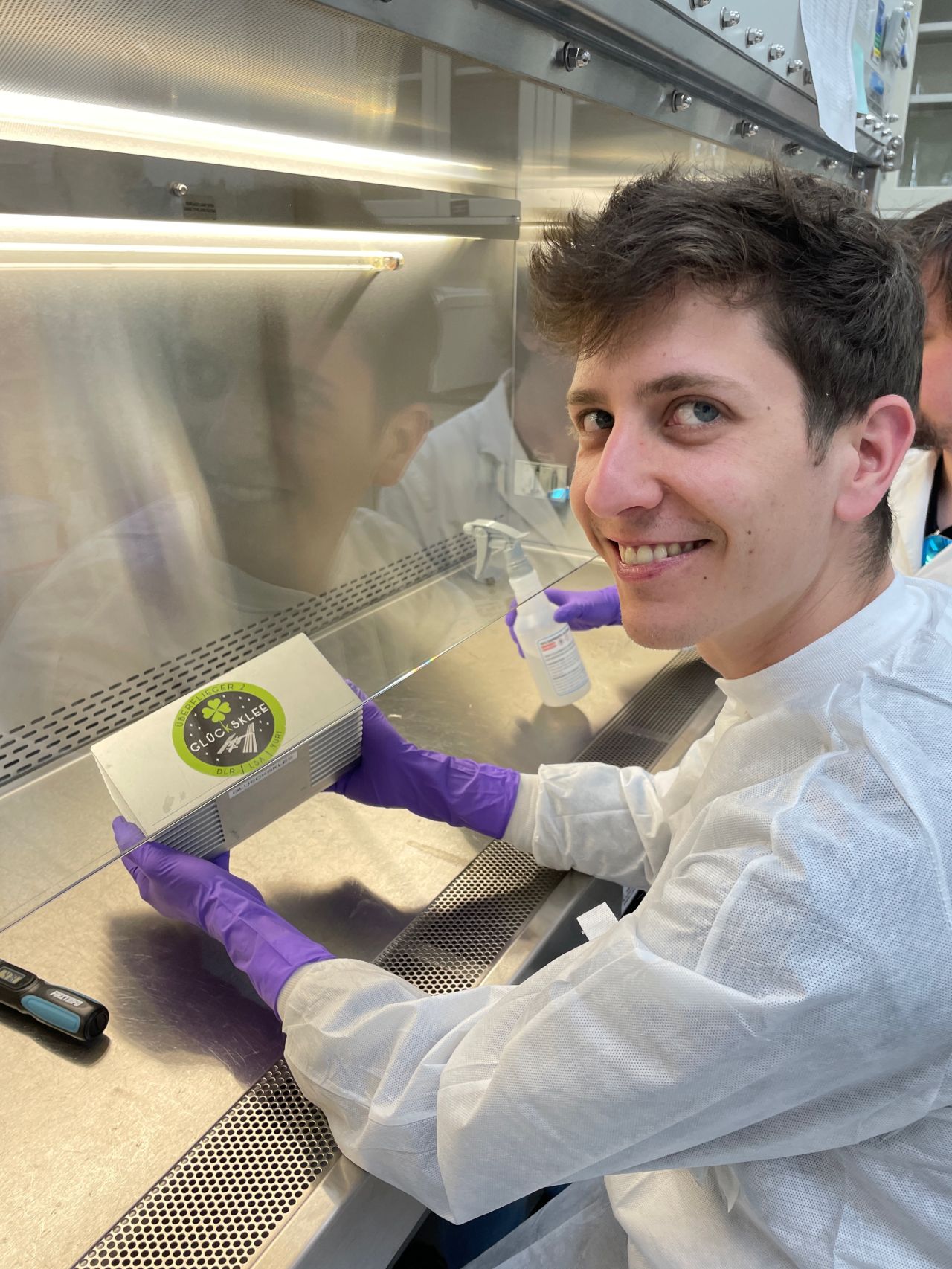
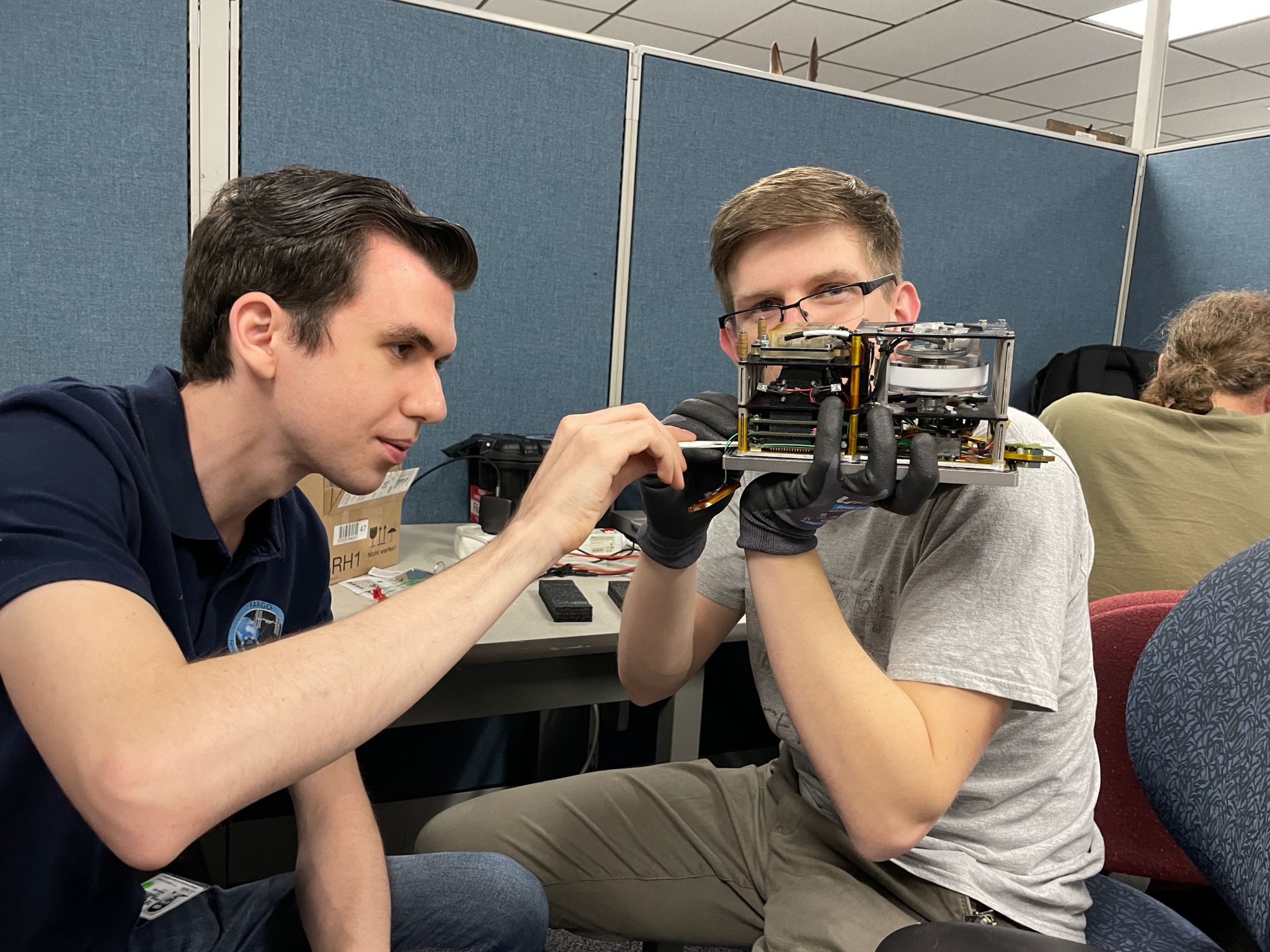
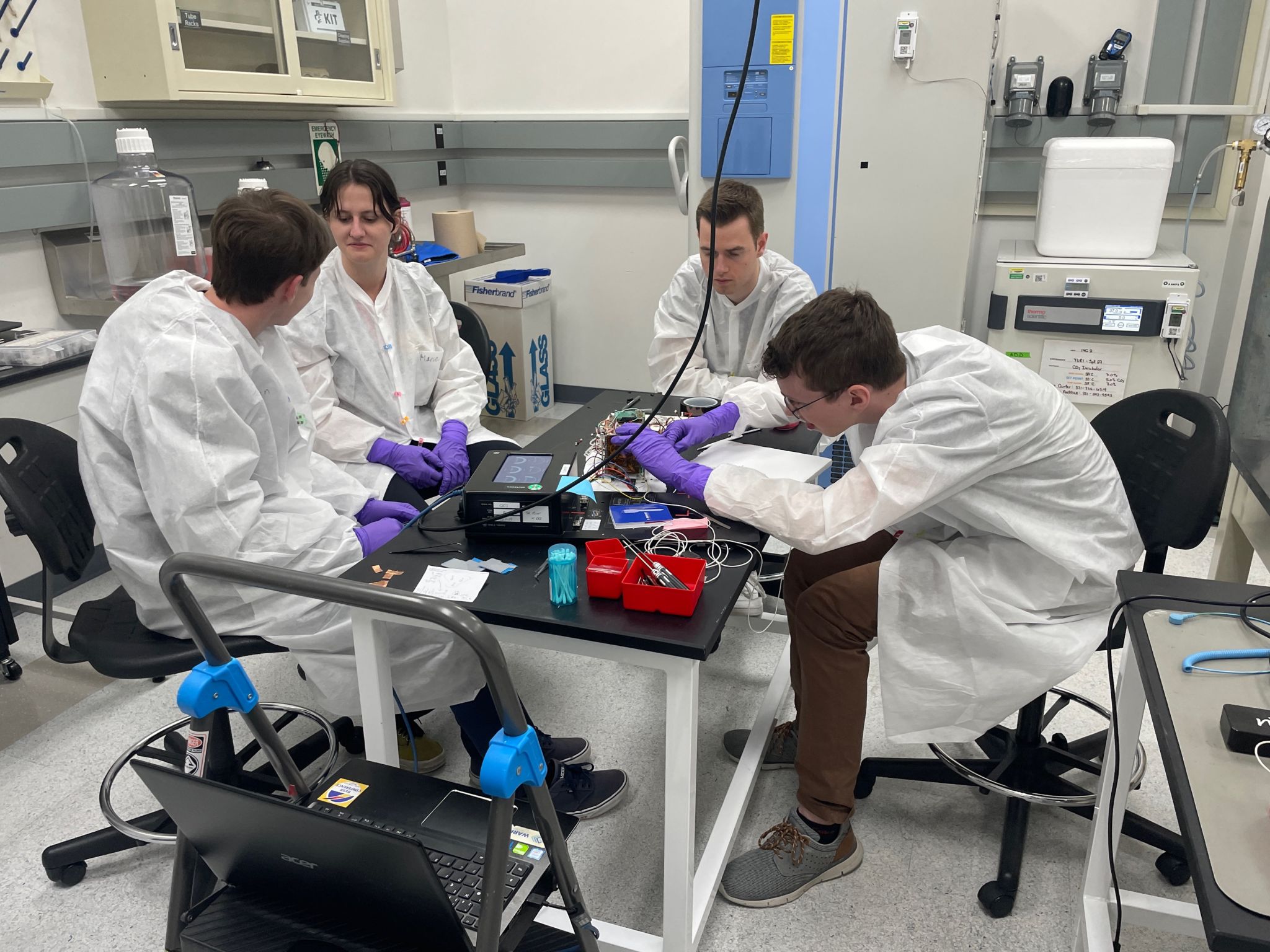
Background
The Ueberflieger2 mission is a follow-up to the successful Ueberflieger initiative launched in 2016. Recognizing the critical need for scientific advancement, both organizations sought to encourage students to engage in cutting-edge research and experimentation. By offering access to the unique microgravity environment aboard the International Space Station (ISS), Ueberflieger provided a platform for students to conduct innovative experiments that would be impossible to perform on Earth.
The first Ueberflieger mission saw the selection of three student projects, which focused on a diverse range of topics, including the study of cosmic radiation effects on bacterial endospores, the behavior of granular materials in microgravity, and the potential of electrohydrodynamic pumping systems for heat management in space. The successful execution of these projects led to valuable scientific discoveries and contributed to the ongoing expansion of knowledge in their respective fields.
Driven by the success of the inaugural Ueberflieger mission, Yuri, DLR and LSA decided to continue their support for student-led research in space, resulting in the Ueberflieger2 initiative. This program builds upon the foundation laid by its predecessor by offering even more opportunities for students to explore their scientific interests and develop innovative solutions to challenges faced in various industries.

Ueberflieger2
Now Yuri is proud to present the Ueberflieger2 mission, an extraordinary competition that propels student experiments to the International Space Station (ISS). This groundbreaking initiative offers young scientists and engineers the opportunity to expand their research beyond Earth’s boundaries, exploring the potential of their innovative projects under unique microgravity conditions.

A Collaborative Effort
Ueberflieger2 is a joint project between Yuri, the German Aerospace Center (DLR) and Luxembourg Space Agency (LSA), offering the chance for three German and one Luxembourg student teams to send their experiments to the ISS. Yuri has been closely involved in the mission, providing valuable technical advice to the teams to help bring their ideas to life in zero gravity.

Diverse and Innovative Projects
The four student teams participating in Ueberflieger2 represent a wide range of scientific disciplines, from chemistry to physics and biology. Their projects include:
- FARGO (University of Stuttgart) – This team is exploring the potential of ferrofluid-based applications in space technology. By developing bearingless flywheels and thermal switches, FARGO aims to replace traditional mechanical components with fluid-based systems that can withstand the rigors of space. The successful implementation of their technology could lead to reduced maintenance requirements, improved satellite performance, and more precise spacecraft maneuvering – all of which would be highly attractive to investors in the satellite and space exploration industries.
- Glücksklee (Leibniz University Hannover) – This team is investigating the symbiotic relationship between Medicago truncatula and Sinorhizobium meliloti in microgravity. The primary goal of their research is to optimize sustainable food production for future space missions. As the demand for efficient and reliable food sources in space travel increases, Glücksklee’s findings could prove invaluable to both public and private space agencies, as well as have broader implications for agricultural industries on Earth.
- ADDONISS (Technical University of Munich) – This team is focusing on the electrical activity of neurons in microgravity, which could offer critical insights into the development and progression of degenerative diseases such as Alzheimer’s. Additionally, their research may reveal information about the human brain’s adaptability to the space environment, an area of interest for long-duration manned missions. The potential for groundbreaking discoveries in both neurological disease treatment and astronaut welfare makes ADDONISS’s work particularly attractive to pharmaceutical companies, medical research institutions, and space agencies.
- BRAINS (University of Luxembourg) – This team is examining the growth and development of human stem cell-derived midbrain organoids under microgravity conditions. Their innovative research could have a significant impact on the pharmaceutical industry and regenerative medicine, as well as provide insights into human brain function and adaptation in space. By advancing our understanding of neurological disorders such as Parkinson’s disease and traumatic brain injuries, BRAINS’s experiments offer a wealth of opportunities for investors in the biotechnology, pharmaceutical, and healthcare sectors.

The Journey So Far
The Ueberflieger2 mission lifted off on March 14, 2023, from the iconic Kennedy Space Center in Florida. The launch marked a significant milestone for the student teams who had been preparing for this moment for months. The experiments from these teams were carefully stowed onboard the SpaceX CRS-27 capsule, which played a crucial role in transporting the payloads to the International Space Station (ISS).
The Falcon 9 rocket, developed by SpaceX, roared into the sky, its engines propelling it with incredible force as it climbed through Earth’s atmosphere. The student teams, Yuri representatives, and members from the German Aerospace Center (DLR) and Luxembourg Space Agency (LSA) watched in awe as their hard work took flight, embarking on a journey to the frontier of human knowledge.
After approximately 48 hours of travel, the Dragon capsule, housing the student experiments, autonomously docked with the ISS’s Harmony module. NASA astronaut Woody Hoburg monitored the process, ensuring the safe arrival of the 2852 kg of payloads.

Looking Ahead
As the Ueberflieger2 mission progresses, the student teams’ experiments will be operated on the ISS for at least 30 days. The teams will continue to work closely with Yuri, DLR, and LSA to ensure the success of their projects, and the valuable data they collect will contribute to the advancement of scientific research and space exploration.
Stay tuned for updates on the Ueberflieger2 mission as we follow the progress of these ambitious student teams and celebrate their achievements in pushing the boundaries of scientific research beyond Earth.
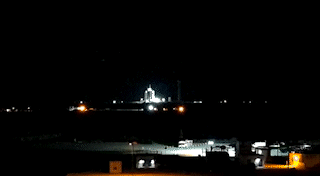
By continuing to use the website, you agree to the use of cookies. See our Privacy Policy.